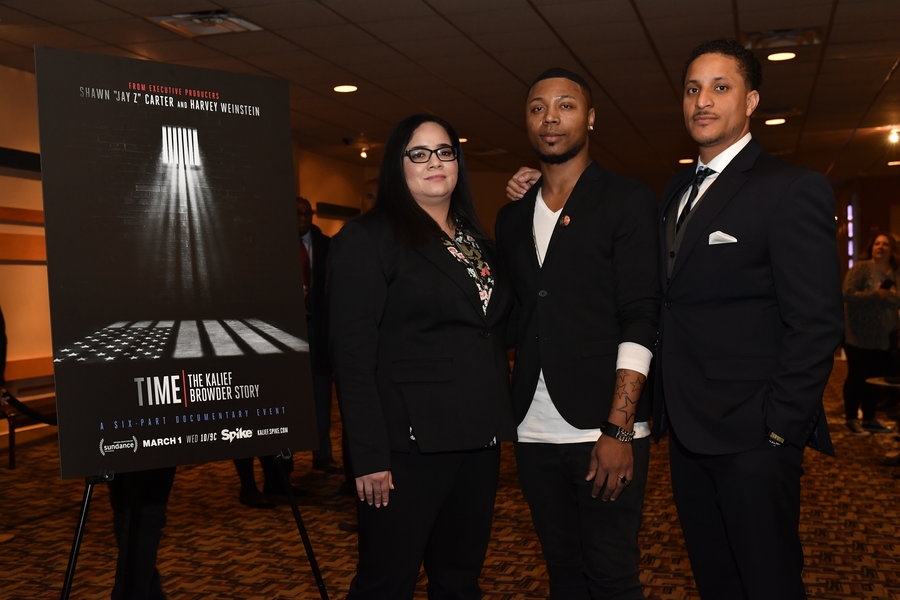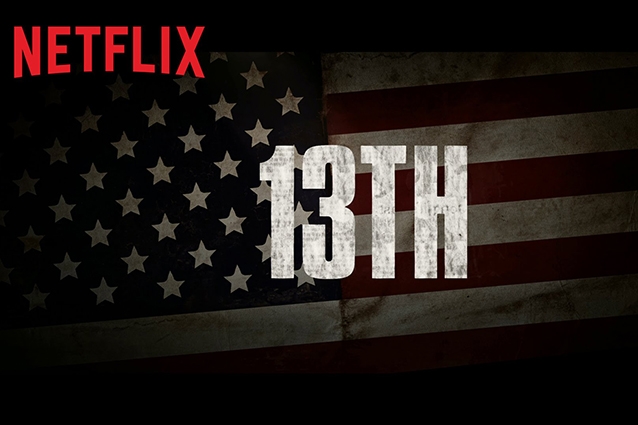Films set in prisons often center around stories of redemption, broken paths, journeys to freedom or the day-to-day movements of those who must now live their lives behind bars. It seems astounding to consider, but the mental, emotional and psychological statuses of those who are carrying out lengthy sentences particularly for violent offenses are often overlooked. Imprisoned men and women are seen as being without redemption; labeled as damaged goods for involving themselves in the things that have led them to jail in the first place. In his directorial debut, Jairus McLeary shifts the lens away from the actual crimes and circumstances that have led men to prison and instead looks at the psychological turmoil that is keeping them in mental chains within jailhouse walls. “The Work” follows a group of men; prisoners who are serving time within Northern California’s maximum security Folsom Prison, and everyday men who journey into the prison to discover what’s ailing them as they move about freely in the outside world. The program, which is run by inmates and ex-convicts of the Inside Circle Foundation, funds and facilitates the retreat. Extending over the course of four days, prisoners leave the politics of prison life (and correctional officers) at the door, engaging in intense group therapy with one another in an attempt to find the source of their pain.
As the film opens, we meet the outsiders who will be joining the prisoners in this revealing process. Charles a bartender, Brian, a teacher’s assistant and Chris, a museum associate, all show up in search of something that either shakes them out of their state of complacency or gives them clarity. With no true narrative in place, “The Work” seeks to follow the men along with their incarcerated brethren on their four-day journey to find some peace and understanding about themselves and their circumstances.
Continue reading at Shadow and Act.


 On May 15, 2010, sixteen-year-old Kalief Browder, a Bronx, New York resident was arrested while walking home from a party for allegedly stealing a backpack. Though he was never convicted of the crime, Browder would spend over the next one thousand days of his life locked away on Rikers Island, being beaten, starved and tortured. Browder spent eight hundred of those days in solitary confinement before he was finally released, with all charges dismissed, over three years later.
On May 15, 2010, sixteen-year-old Kalief Browder, a Bronx, New York resident was arrested while walking home from a party for allegedly stealing a backpack. Though he was never convicted of the crime, Browder would spend over the next one thousand days of his life locked away on Rikers Island, being beaten, starved and tortured. Browder spent eight hundred of those days in solitary confinement before he was finally released, with all charges dismissed, over three years later. Growing up, prison seemed like an abstract concept to me, one reserved for “Law & Order” episodes and select family members who would be absent every other Christmas or Thanksgiving holiday. It wasn’t until I arrived in college in a class on Black Urban Studies, that I was educated about the mass incarceration that occurs in this country. I watched the 1998 documentary “The Farm: Angola, USA,” and read Michelle Alexander’s “The New Jim Crow: Mass Incarceration in the Age of Colorblindness.” It was through these two mediums that the system of dehumanization and oppression was revealed to me. I distinctly remember feeling horrified that the prisoners of Angola were required to pick cotton as a part of their daily tasks. Slavery was, after all, long ago abolished. However, I soon learned and continued to learn that nothing ever really goes away; it’s merely reinvented into a more easily digestible package ripe for public consumption.
Growing up, prison seemed like an abstract concept to me, one reserved for “Law & Order” episodes and select family members who would be absent every other Christmas or Thanksgiving holiday. It wasn’t until I arrived in college in a class on Black Urban Studies, that I was educated about the mass incarceration that occurs in this country. I watched the 1998 documentary “The Farm: Angola, USA,” and read Michelle Alexander’s “The New Jim Crow: Mass Incarceration in the Age of Colorblindness.” It was through these two mediums that the system of dehumanization and oppression was revealed to me. I distinctly remember feeling horrified that the prisoners of Angola were required to pick cotton as a part of their daily tasks. Slavery was, after all, long ago abolished. However, I soon learned and continued to learn that nothing ever really goes away; it’s merely reinvented into a more easily digestible package ripe for public consumption.